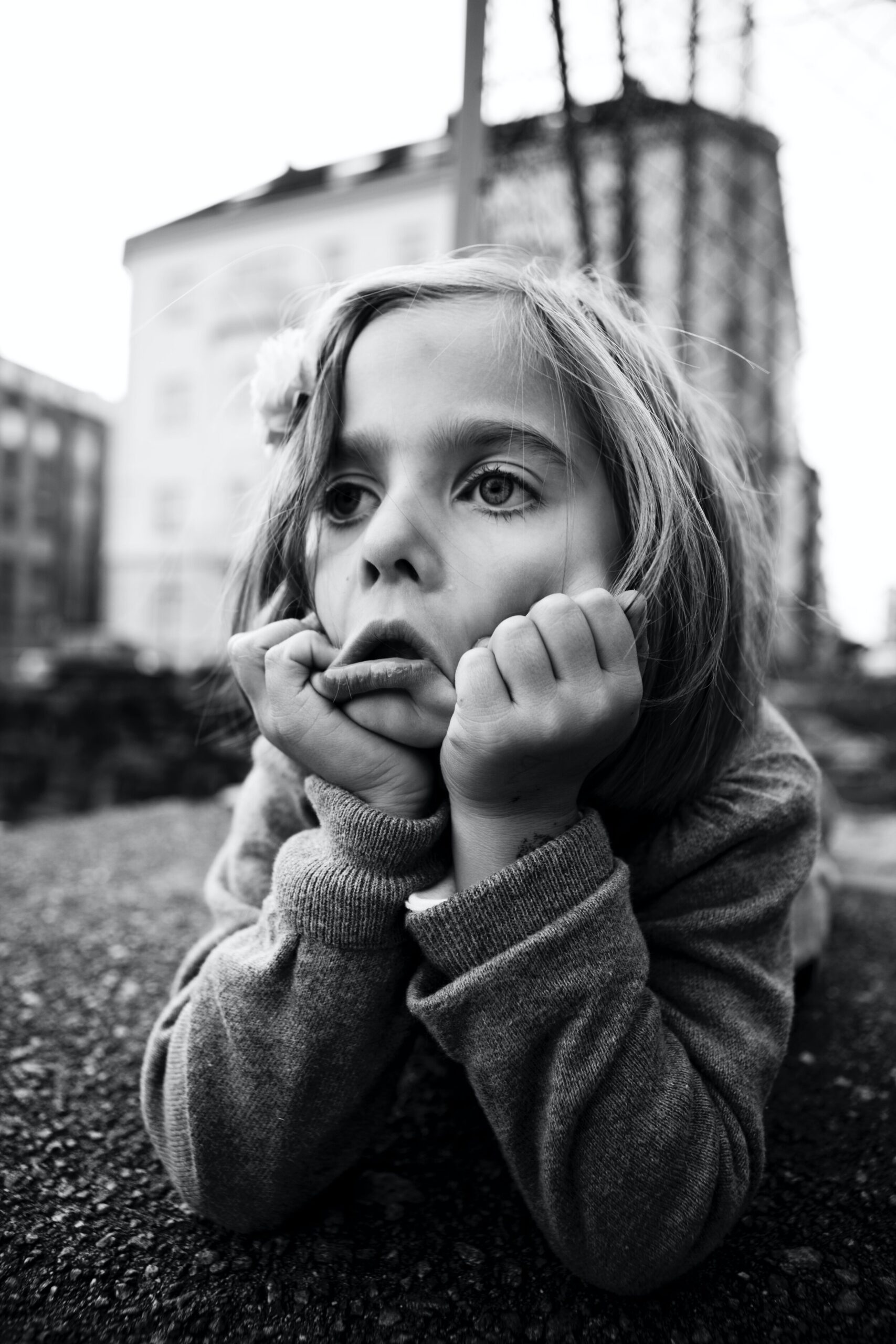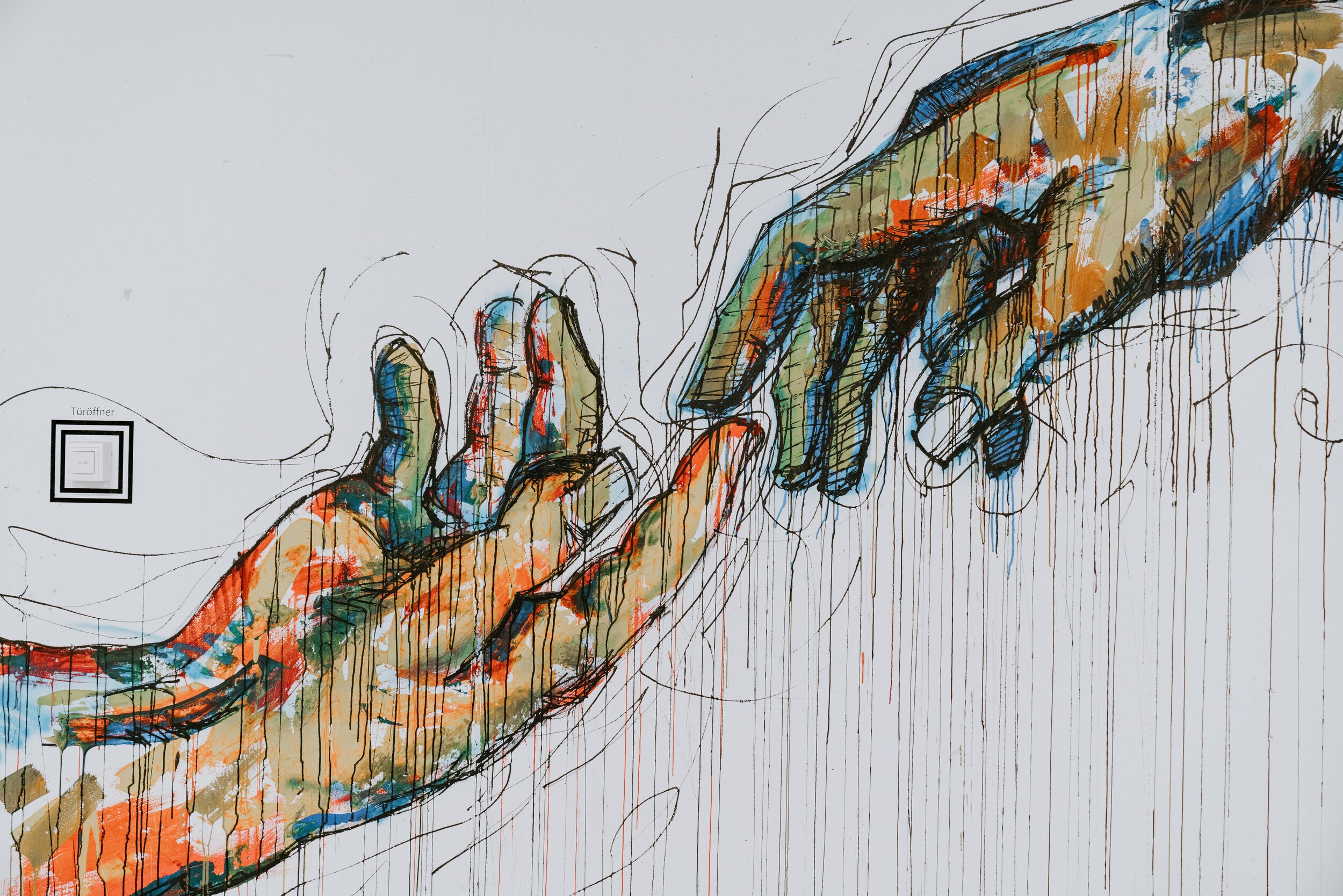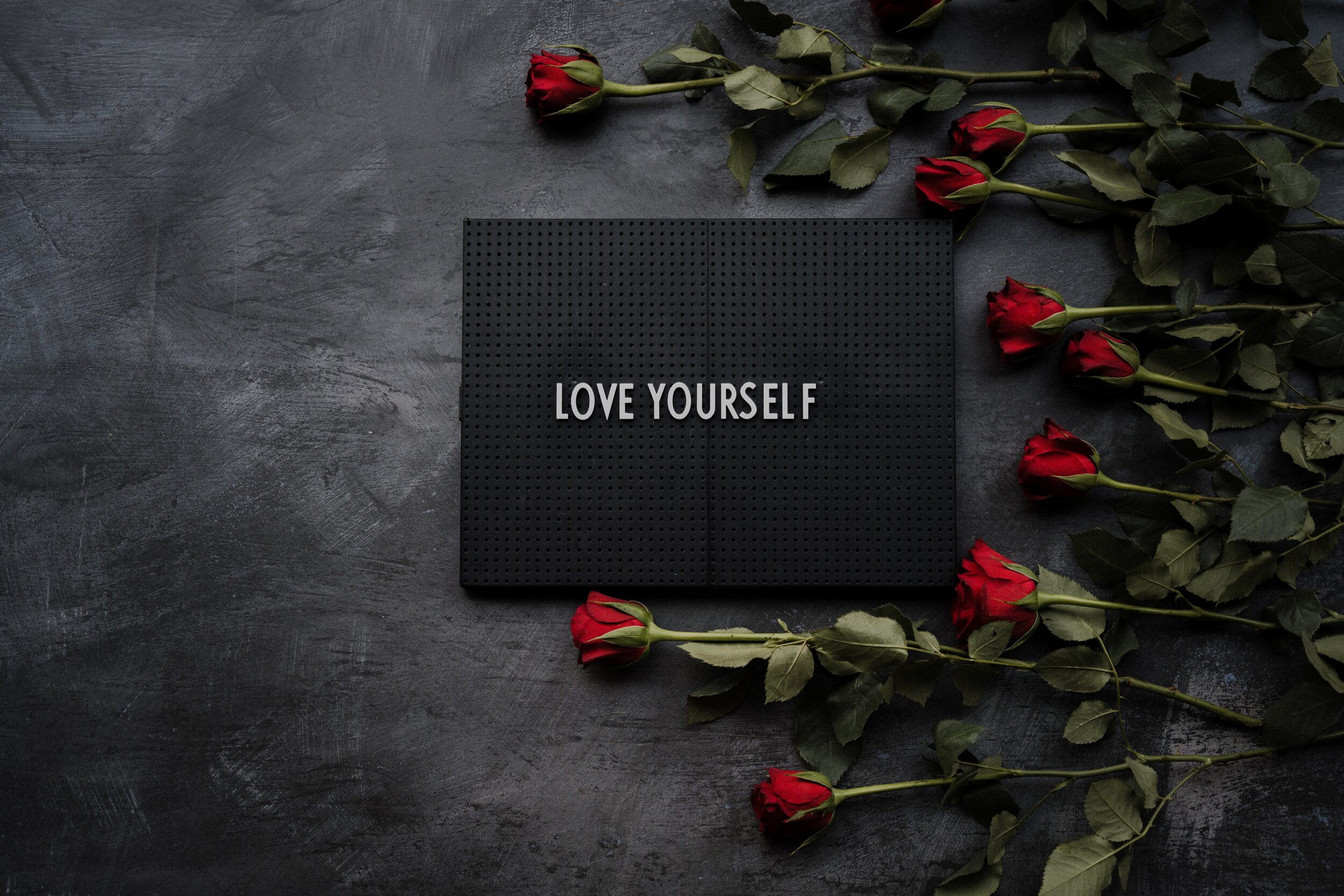Depression

COVID-19 has brought us a year of anxious uncertainty. Sheltering in place, working remotely, or facing daily hazards as essential workers, we’ve been unable to see our extended families, meet a friend for coffee, or even go to the gym, a sports game, concert, or movie. Some of us have lost loved ones, leaving a heartbreaking hole in our lives. All of us have lost touch with the normal rhythms of life. With no breaks in routine and fewer simple pleasures, the past few months have been an endless blur. Recent studies have shown that depression rates in America have tripled since the pandemic began (Berman, 2020).

With the pandemic forcing many of us to stay inside as much as possible, most therapists are meeting their clients virtually at present, in order to protect others and remain safe. While there has been an adjustment to navigating virtual therapy, there have been many benefits to being able to transition to more virtual opportunities for therapy.

Being in a relationship with someone who has a trauma history can be uniquely challenging at times. In many cases, individuals who experience trauma may behave in ways that are hard for their partner to understand. They may experience panic attacks, express distrust, escalate quickly to anger, or become disengaged. As trauma can interrupt emotional processing, those who have experienced trauma often struggle to articulate what is really going on inside of them. This can cause conflict and miscommunication, and it can make it difficult for well-intended partners to know what kind of support to provide. If this sounds a bit like your experience, not to fear! There are ways to become a trauma-informed and compassionate partner while also maintaining your own boundaries and safety within your relationship.

Our relationship with ourselves is often at the core of other challenges such as anxiety, depression, low self-esteem, or difficulties in relationships. How do we shift to seeing ourselves and treating ourselves the same way we treat others? If we can learn to be our own friends and practice self-compassion, we can boost our spirits and alleviate some of the struggles leading to that increased critical voice.

Often when we think of Valentine’s Day we think about hearts, love, gifts, and planning. For many who struggle with anxiety or worry thoughts, Valentine’s Day can be full of worries around disappointing someone else. Worries around being alone and your future relationships can also come to mind if you do not have a partner. For those struggling with depression, cynical thoughts around the unworthiness of finding love, cynical thoughts around the commercialization of the holiday, or hopelessness around finding a partner may occur. With so many thoughts like these, it is likely that Valentine’s Day can be difficult for many!

Whether you’re in a relationship or not, focusing on self-love and kindness is crucial in order to support and love others as well. Often when we are single during Valentine’s Day we can feel frustrated with extravagant gifts, or feeling we have to buy presents. While we may have varying opinions on Valentine’s Day, we know it’s celebrated so why not take advantage of it and celebrate you?

Many clinicians and clients alike tout the positive aspects of journaling. When working towards a personal goal, managing emotional wellbeing, or looking for a creative outlet, journaling can be an excellent coping mechanism. Journaling is a simple, and extremely effective coping mechanism yet it is largely underutilized.

As the holidays end and the winter begins to ramp up, symptoms of depression can heighten as well. Living with mental illness can feel isolating and lonely, especially when negative thoughts creep into our heads telling us these things. This is why it is crucial to connect with others, especially during the winter months when symptoms are known to worsen.

As holiday stress and all the other stressors courtesy of 2020 begin to lessen, it’s time to look forward into the new year. If you’re managing symptoms of depression or anxiety in the new year, we’ve come up with a few new strategies for you to implement into your 2021 plan to help you start feeling better.

While the holidays can be stressful for everyone, those dealing with depression and anxiety can struggle that much more. About 1 in 5 adults will suffer from mental illness each year and the holidays can create more stress, that triggers or exacerbates those mental health conditions. One of the best ways to alleviate stress is to engage in effective self-care such as eating balanced meals, getting enough sleep, and making sure you have enough downtime.